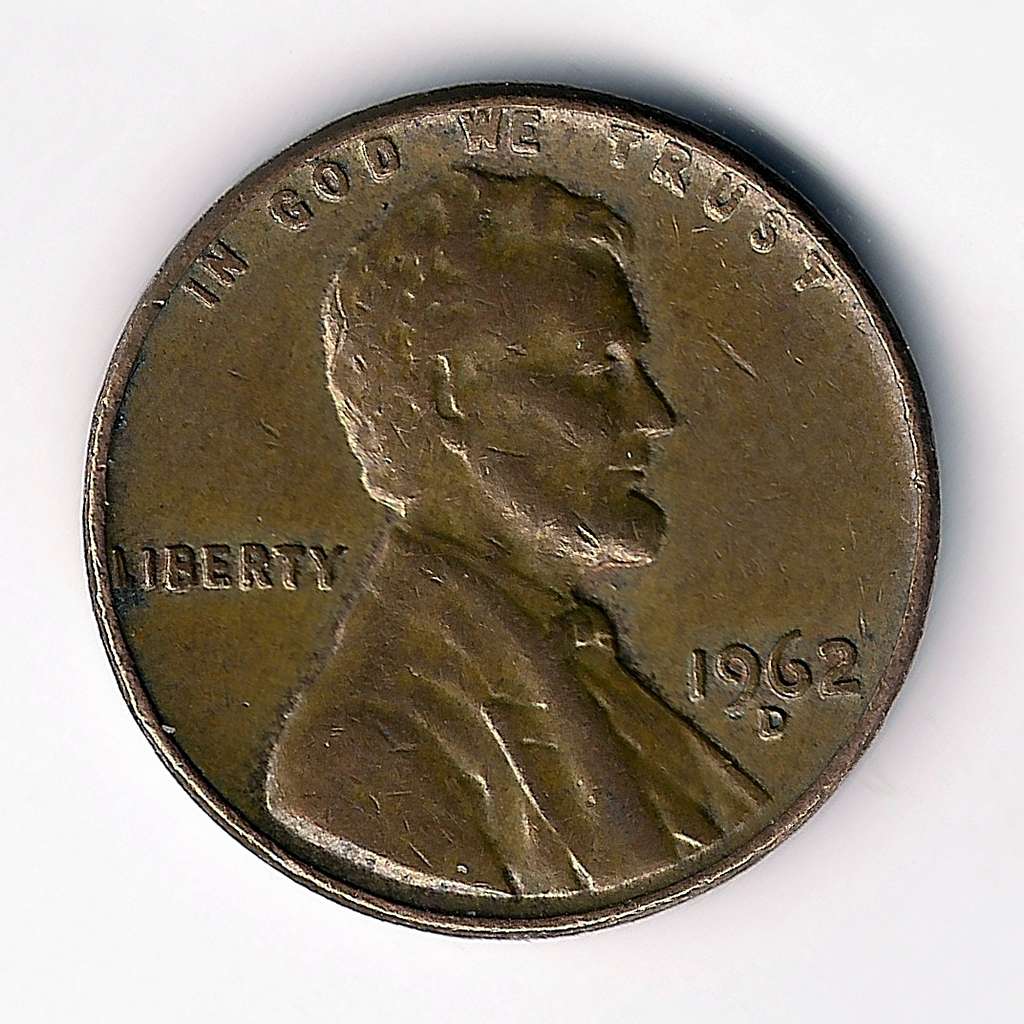Industry News
Copper Gets Its Turn for National Security Treatment
TweetFeb. 26, 2025
By:
Hannah B. Kreinik
After having ordered national security reviews of imports of steel and aluminum products during his first administration, President Trump has now ordered the Secretary of Commerce to investigate copper products under Section 232 for national security concerns. The President also recently expanded Section 232 duties on steel and aluminum products (see our articles on the issue here and here).

The copper order directs the Secretary of Commerce to investigate and report on the copper supply chain impacts on national security. Specifically, the order requests a review of copper imports, including: raw mined copper, copper scrap, copper derivatives, copper concentrates, and copper alloys. The investigation should also cover current and future demand for copper in the U.S. for industries like infrastructure, energy, and defense. In addition, the order requests the Secretary of Commerce to review how domestic production meets demand, how foreign production meets U.S. demand, the impact of foreign government subsidies and overcapacity on U.S. production of copper, foreign weaponizing for control over copper supplies, the ability to increase domestic copper production, and more. Furthermore, the order asks that the resulting report from the investigation includes potential solutions for any national security issues, like tariffs, export controls, domestic investments and recycling measures, domestic incentives, etc. The report from the Secretary of Commerce is due within 270 days of the order (approximately November).
Investigations regarding critical minerals production, including copper, cobalt, and graphite, should be familiar to many in the international trade community. Previously, the Biden administration was also monitoring the national security risks of critical minerals and foreign supply chains (see our article here). China has maintained a consistent dominance over critical mineral mining and refining, which has led to a shift in U.S. supply chain policies (see here and here). Importers should prepare for additional critical mineral investigations and possible tariffs, or export controls related not only to copper but other minerals.
For the latest details on White House initiatives and supply chain developments, please reach out to any Barnes, Richardson & Colburn attorney.
